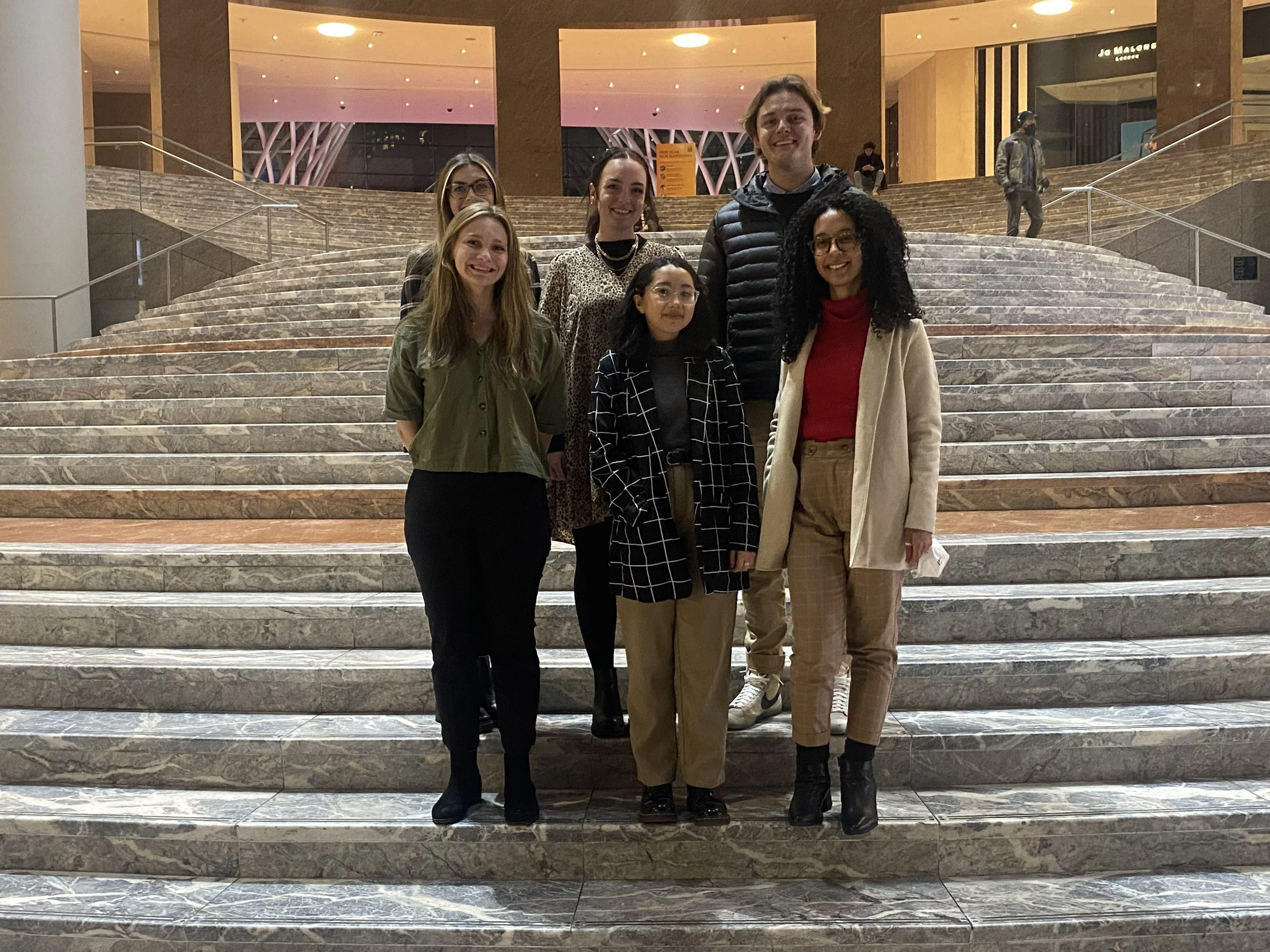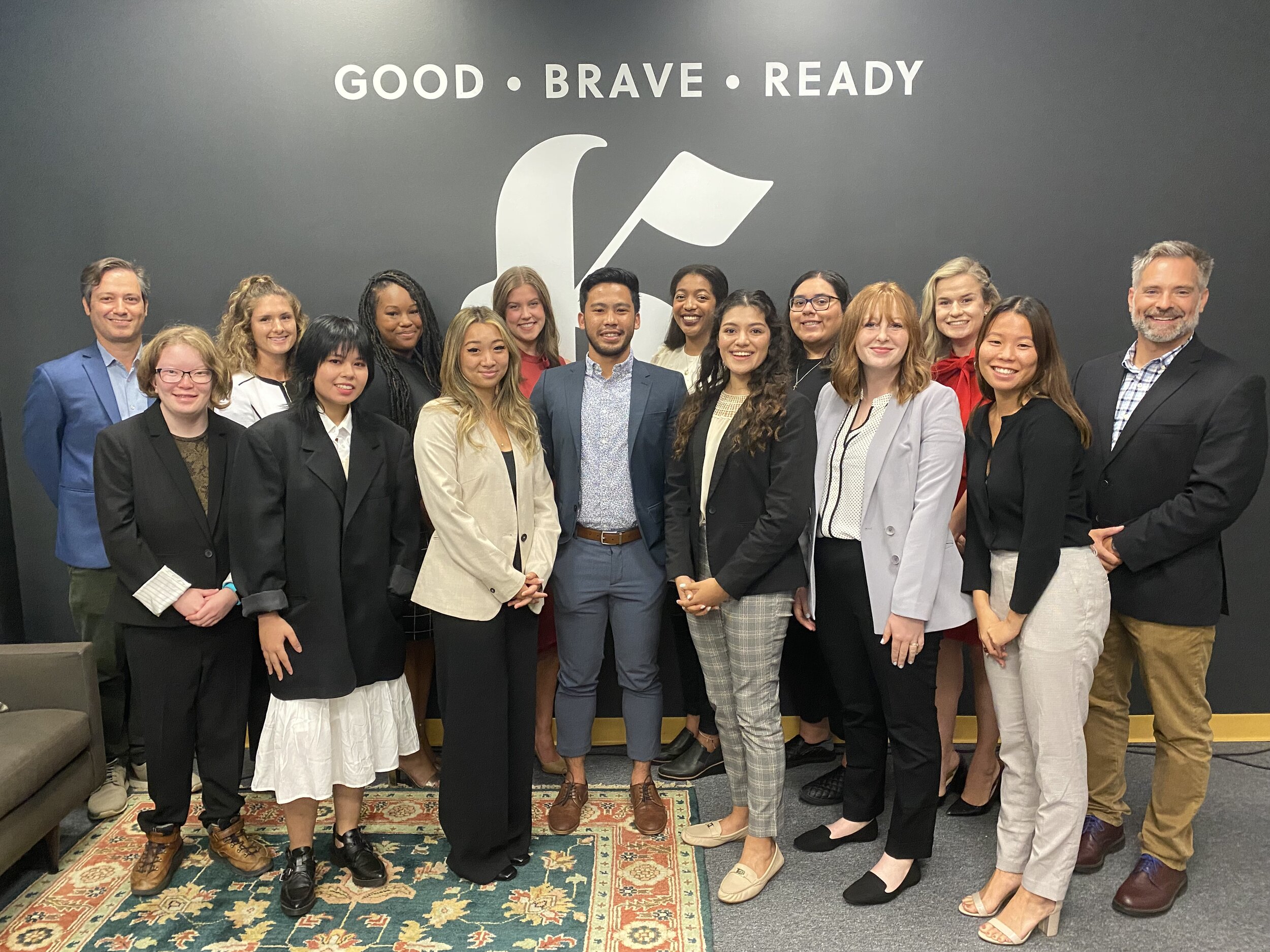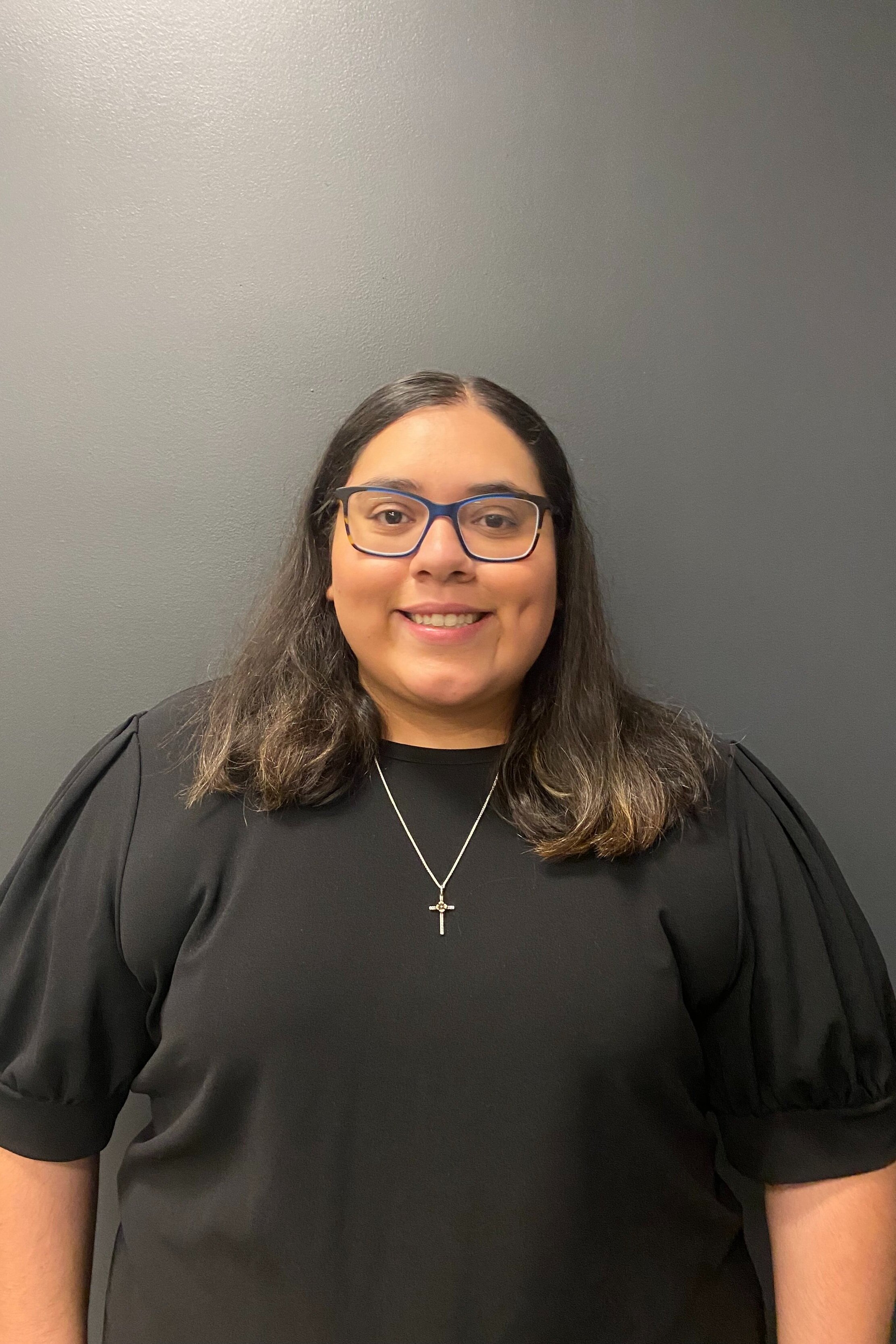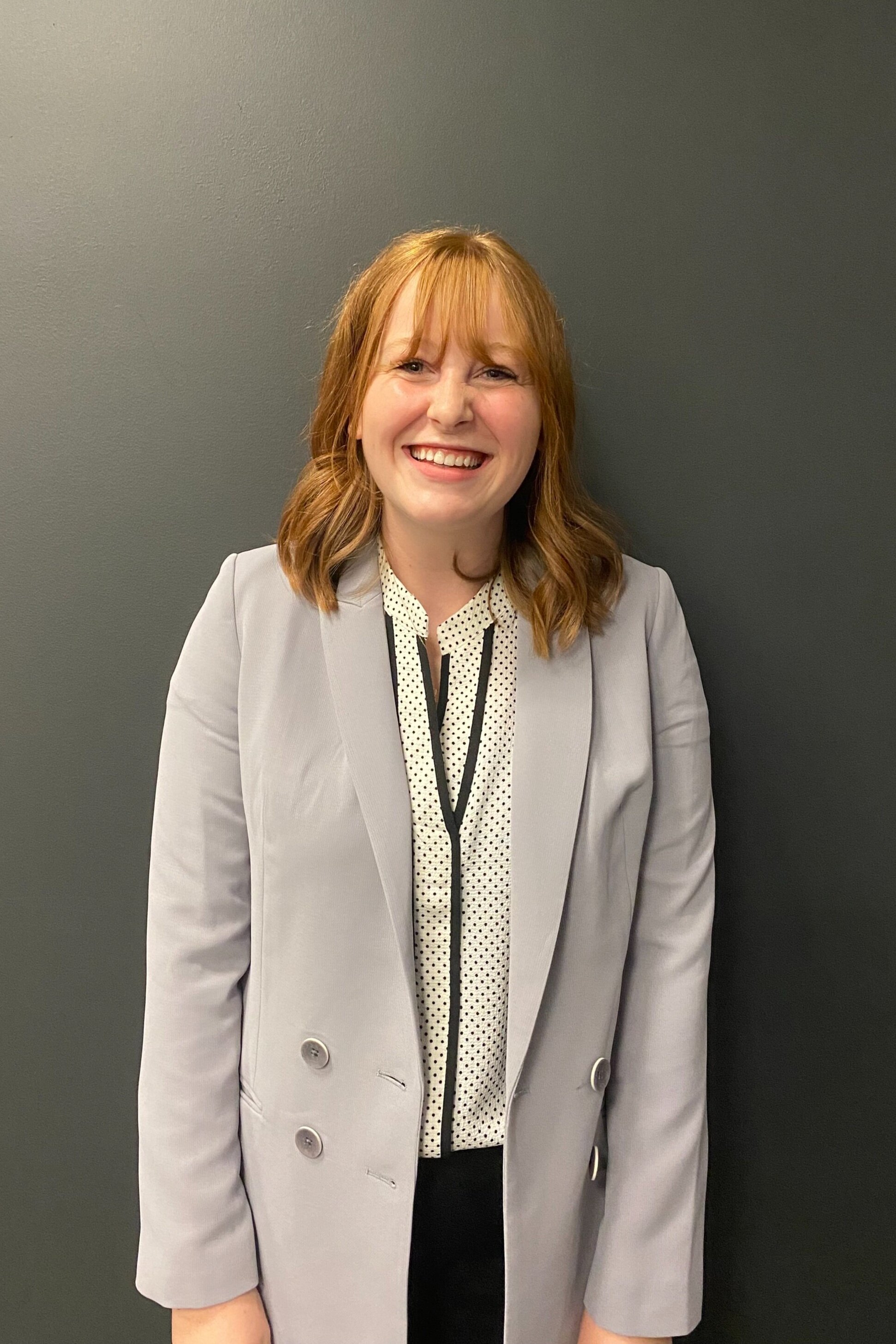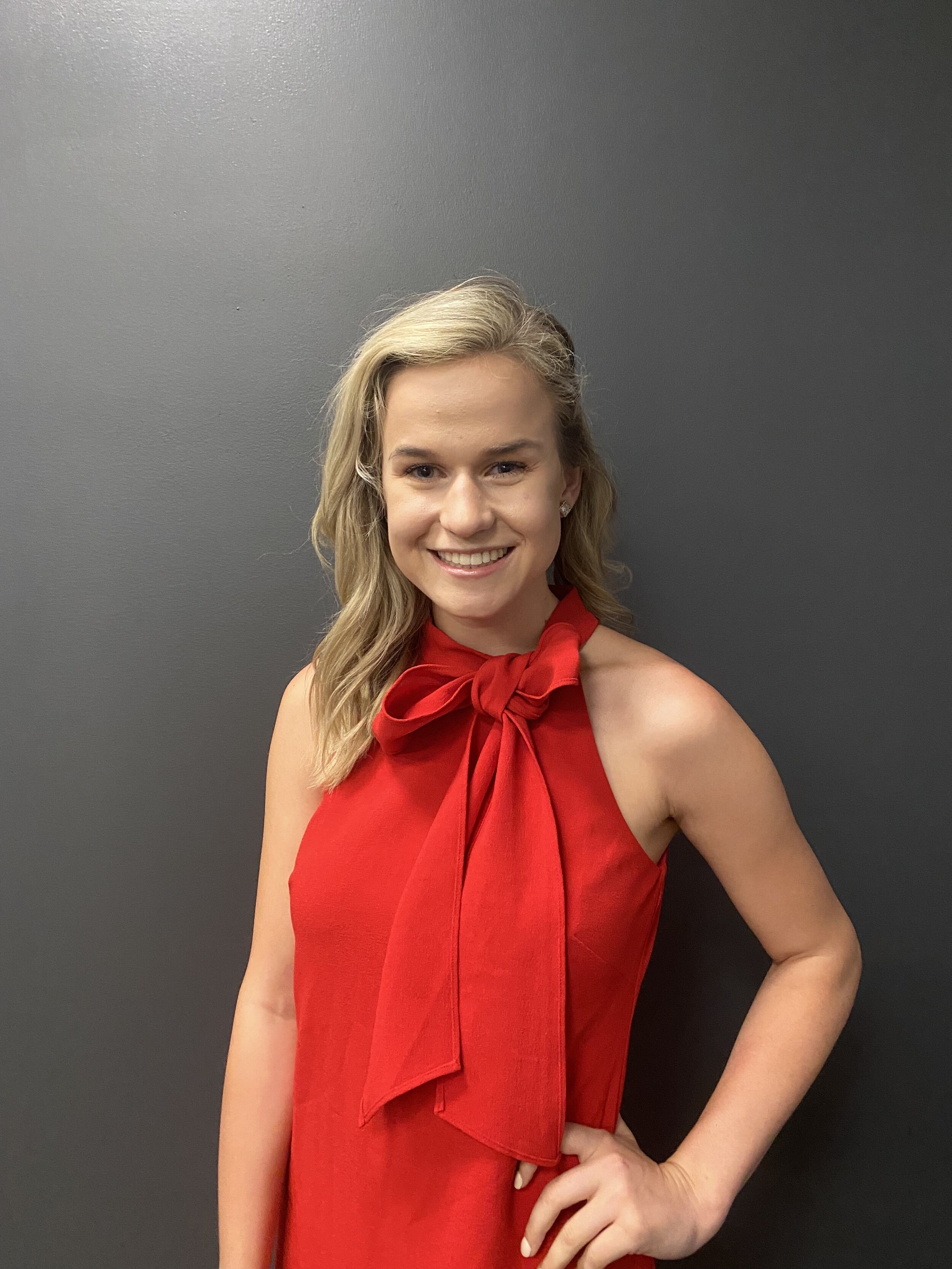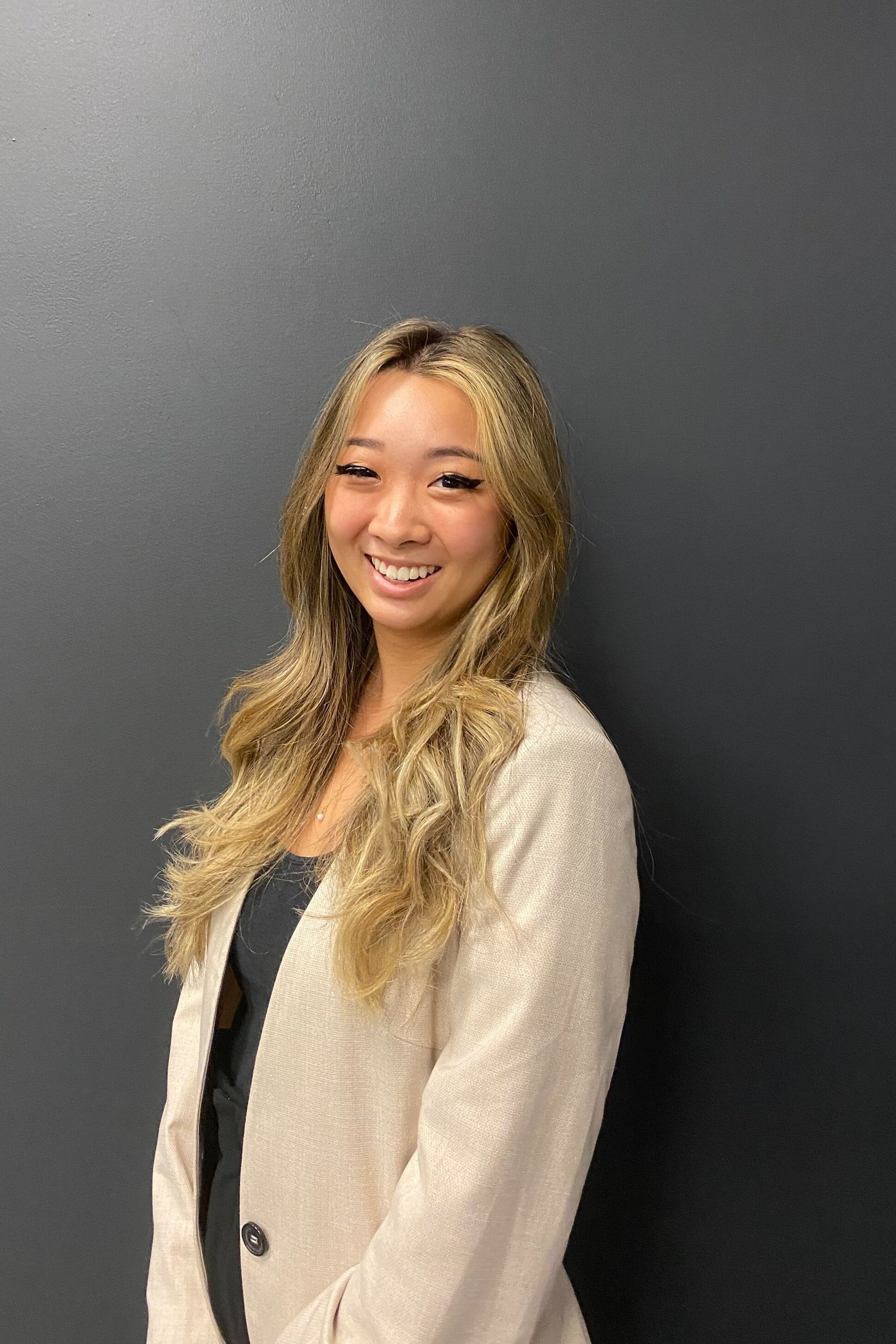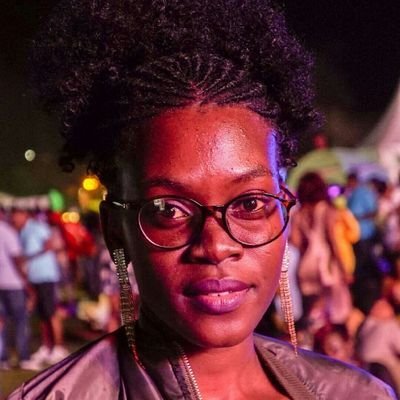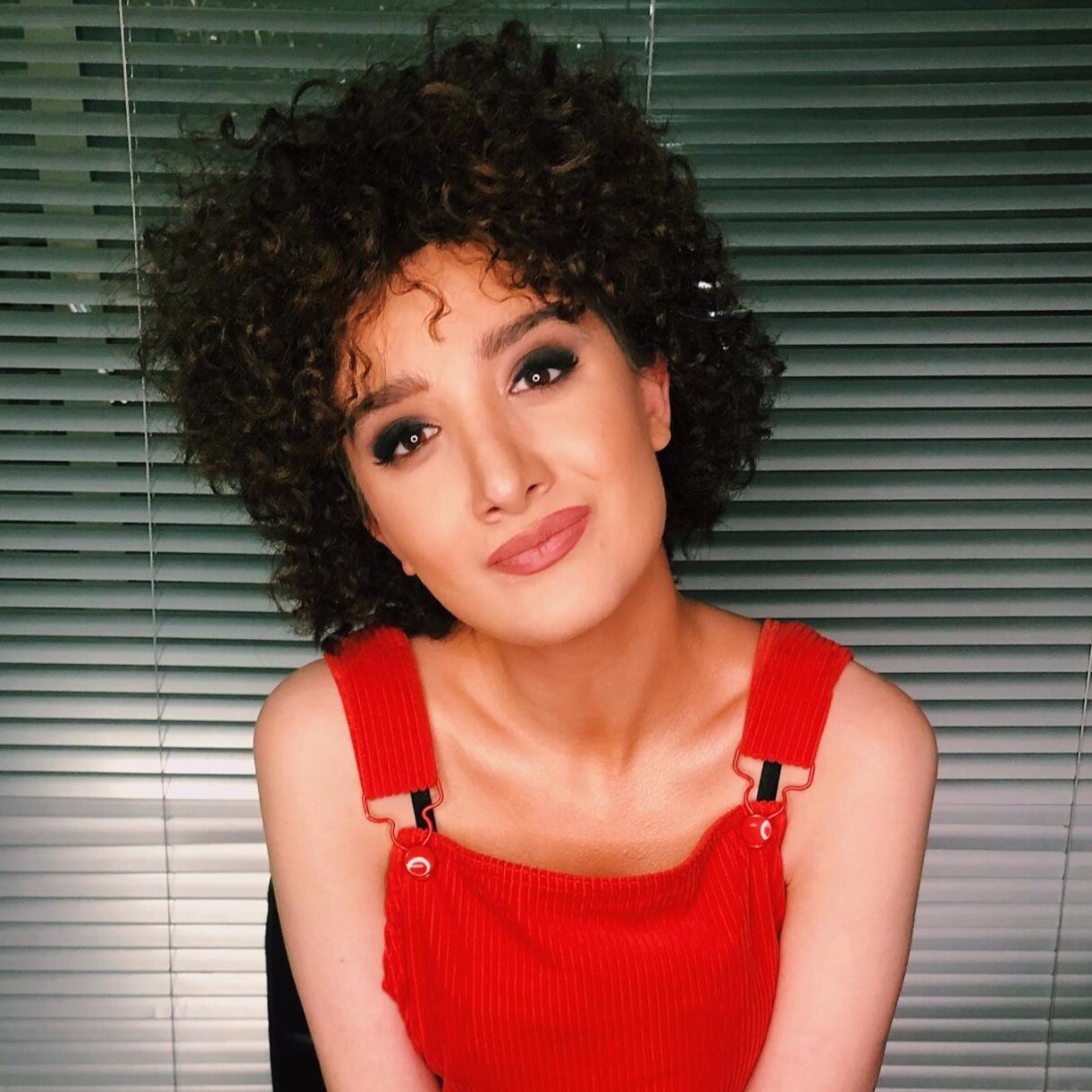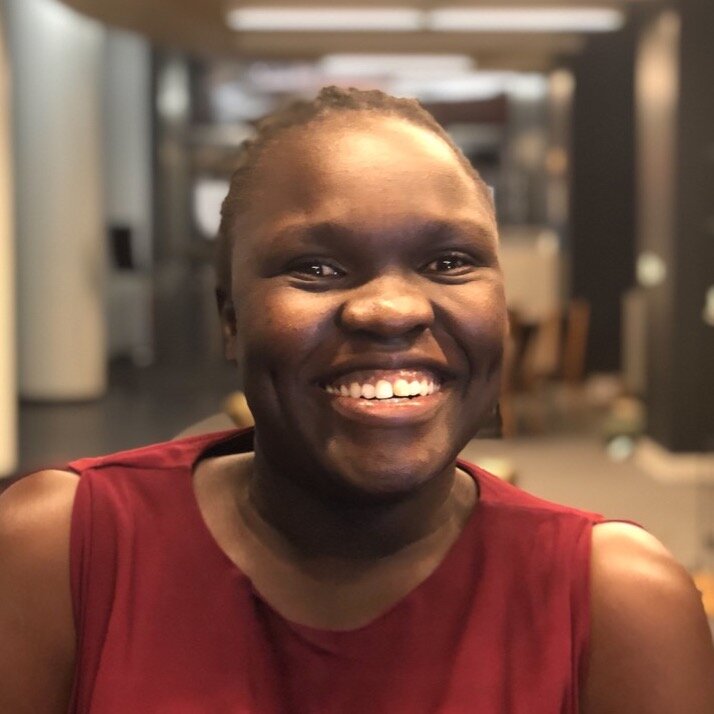Students taking part in the NYC Semester in Journalism program have spent the past two months covering important local and national news stories as the world slowly emerges from COVID-19.
This semester’s students followed in the footsteps of past NYCJ classes by participating in the unique semester-long, off-campus study program operated by the McCandlish Phillips Journalism Institute at The King’s College in NYC.
After two years when internships were remote, many are now hybrid while classes at King’s are back in person.
“I would absolutely recommend NYCJ to anybody who thinks journalism may be a career they pursue seriously,” said Banks Halvorson, who hails from Covenant College in Georgia and is currently interning at the Brooklyn Paper.
“The experience of working with newspapers in the media capital of America is priceless, and the classes you take and people you meet are incredible. I was excited about this program, but it has blown all my expectations out of the water.”
Students taking part in the 14th NYCJ cohort that chose to make New York their home this semester. The students are enrolled in classes, including History of Journalism and New York City with Prof. Clemente Lisi and Entrepreneurial Journalism with Prof. Paul Glader. Under Glader’s guidance, the students work 20 hours per week in a New York newsroom, earning six academic credits and pursuing bylines.
Paige Taylor, a student from Abilene Christian University in Texas, is currently an intern at Bold TV. She said her internship and courses — in addition to living in New York City — has made this semester a unique experience.
“Living and working in New York is much more fast paced than I anticipated,” she added, “but I adapted very quickly and have actually grown to love the hustle and bustle.”
Esther Wickham, a King’s student who is taking part in NYCJ this spring, said her internship at amNewYork and living in the city has given her a chance to gain valuable experience needed for her to get a job once she graduates.
“I would definitely recommend the program! It grants you the opportunity that the current college you attend can't give you,” she said. “Living in New York City during your college years while pursuing a career in journalism with highly skilled and talented professors that have been in the journalism field for decades is a dream many have.”
Camila da Silva, a student who attends the Sao Paulo-based Mackenzie Presbyterian University in Brazil, is spending the semester as an intern with Religion Unplugged. She said her favorite class was History of Journalism, a course that looks at coverage of various events in U.S. history, including the 9/11 attacks, and the beliefs, values and character that goes with working in a New York newsroom.
“It brings together what we can learn from the past and perspectives for building modern journalism,” she said.
Both Taylor and Wickham are taking Religion Reporting this semester, giving students yet another chance to get bylines since the advanced reporting class works closely with ReligionUnplugged.com. The non-profit religion news website, which has offices at TKC, is part of The Media Project.
“We have gone really in depth on reporting and getting outside of our comfort zone when it comes to reporting on topics we are not very familiar with,” Taylor said. “I have learned so much about reporting.”
The New York City Semester program partners with more than 41 universities and colleges across the U.S. and the world. Students can apply to join the program for a future semester by clicking here.
